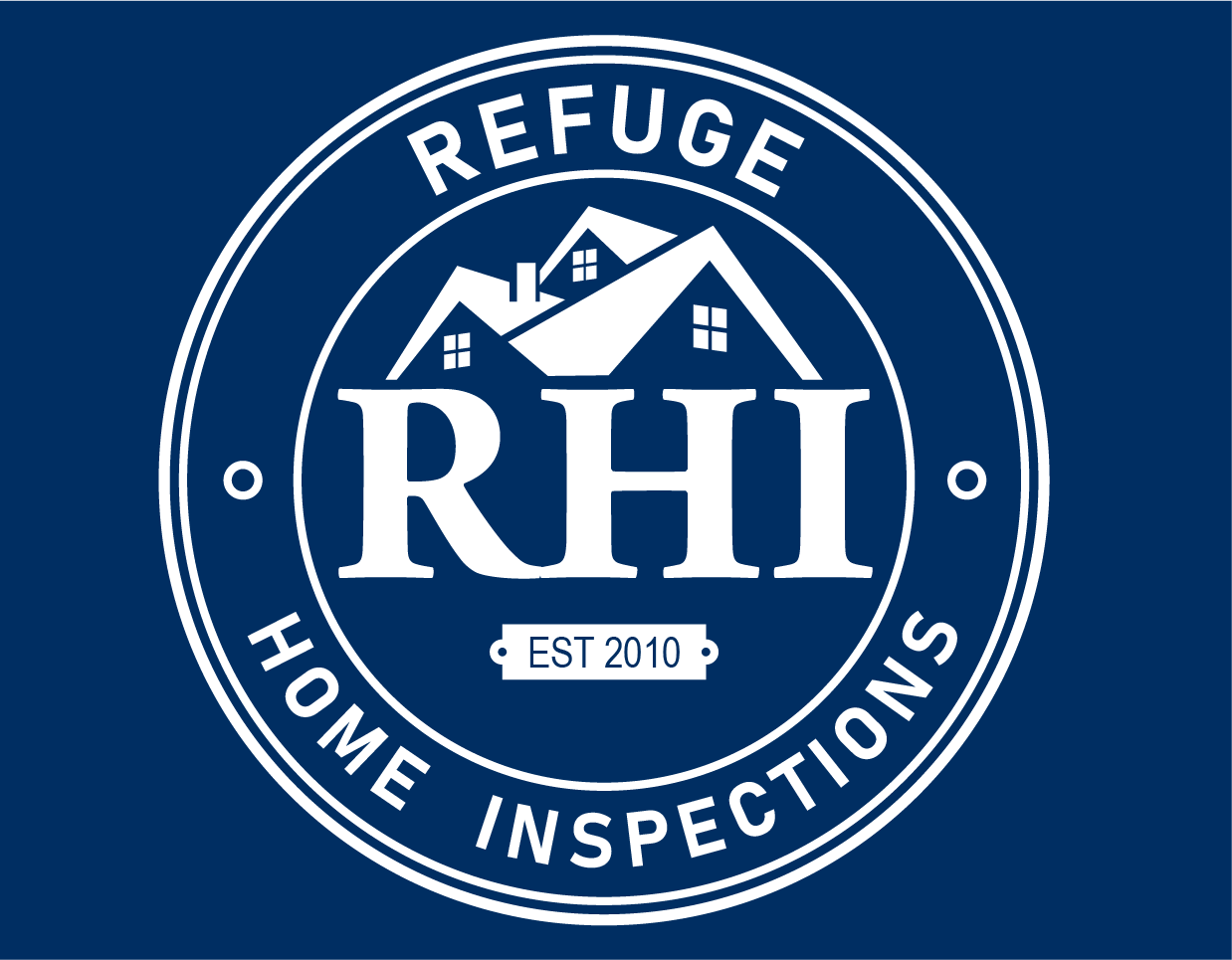
You have decided to cash in on the equity of your home with house prices on the rise. Time to sell! You know there are a few things that could or should be updated, but you have heard that homes are selling over the asking price. And some home buyers are even waiving home inspections to win in a multiple offer situation. So, you figure you will just take your chances and see what happens. This thought process is understandable, but when you are knowledgeable about your own liability as a seller, it is not advisable.
You are listing your home with a realtor to get the most money for your home. He/she gives you a disclosure form to complete. Most things are working fine, some things work if you know how to maneuver them, and then there are a few items that might go unnoticed if the buyer foregoes inspections. Maybe there are even things that you know have not worked quite right, but you fail to mention them because you have just learned to deal without those items. You do not think too much about it because if the buyer decides to not have an inspection, it will not really matter, right? Not being honest and not disclosing issues does open you up to potential problems, even with your home inspection company.
When it comes to seller’s liability, there are really two paths to consider. First, if you have disclosed all known defects to the buyer and something else goes out or quits working properly, you would not be held liable. But, if you have not disclosed everything and the buyer can prove it, you could still owe the buyer money for repairs well after closing. It is tempting to just pass it on to the future homeowner. After all, they are the ones buying the house, so it is their problem now. Besides, you need the money for your future house. This is where most conflict between seller and buyer happens.

RHI can help limit your liability as a second option by performing a pre-listing inspection, so you gain a full understanding of your home’s defects. This allows you to fix issues before the sale of your home or you can disclose them to potential buyers. This takes the worry or the fear of the unknown out of the equation. Now that you know what those defects are, you can properly disclose them in your seller’s disclosure form and possibly even share a copy of the report with potential buyers. You can also choose some or all the defects on the report to fix ahead of time. This gives you the power to decide what to fix and who will fix items.
To limit your liability, you can choose to fill out the seller’s disclosure form as truthfully as you can. Then, pass on any offer where the buyer is choosing to forego inspections to protect both yourself and them, as well as any agents involved. The inspector will reveal the defects that were found during the inspection to the buyer. The buyer may request some repairs based on this knowledge and they might decide that it is not anything major and move forward. If something major is found and/or you are not willing to negotiate repairs or price, the buyers may want to be released from the sale and move on to another property, but you are still protected.

